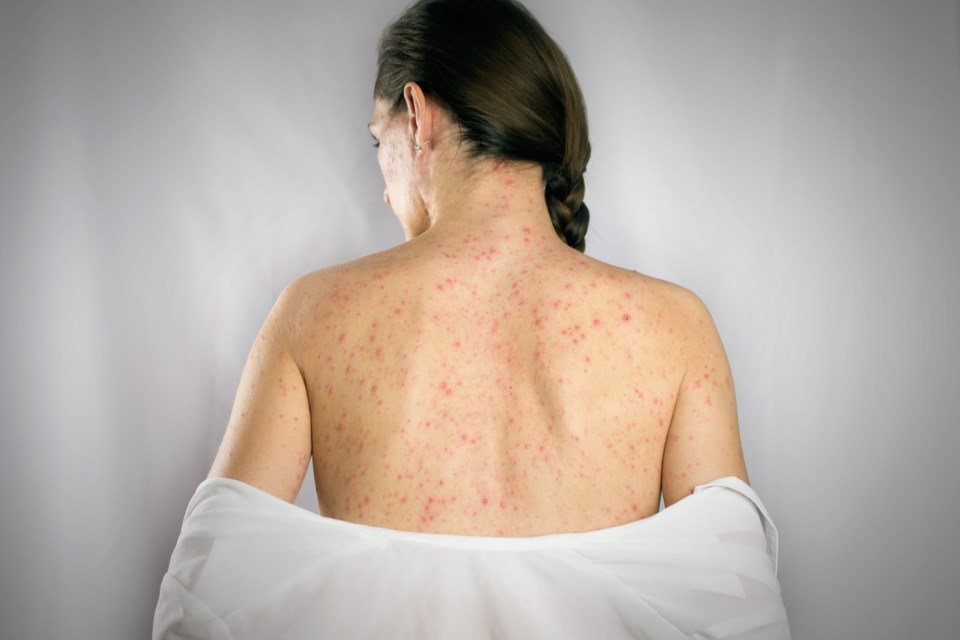Regions around the world are currently experiencing measles outbreaks – but there are no current cases reported in Niagara.
That’s according to Niagara Region Public Health communications consultant Lisa Cox on Thursday, a day before school-aged students will be dismissed from classes for March Break – a time when many families will be traveling.
Travel health notices have been issued by all countries due to measles outbreaks.
“Travelers should be vigilant and practice health precautions regardless of their travel destination, this includes being up to date with measles vaccine,” said Cox.
“Niagara Region Public Health will be monitoring for increased measles activity following March break, given the anticipated increase in travel,” she added.
Niagara Region Public Health is advising that measles vaccinations should be given at least two weeks before departure, but there are still benefits if given any time before travelling.
Niagara residents can book vaccination appointments with their health care provider. it should be reported to Public Health, she said.
Residents who do not have a health care provider can attend a walk-in clinic or contact Public Health.
Cox did not provide exact figures but said a “large percentage” of Niagara residents are already vaccinated against measles.
“Niagara Region Public Health aims for all unvaccinated or under-vaccinated residents to get vaccinated,” she said.
With the number of measles cases increasing globally and travel expected during March break, public health officials are encouraging all residents to ensure they are fully vaccinated against measles and seek the vaccine if not, according to a recent news release.
While measles is no longer considered endemic in Canada, outbreaks can happen when susceptible individuals, such as those who are not vaccinated, travel to and return from countries where measles is circulating, said public health.
Vaccination protects against measles and prevents the virus’ spread.
Infants six to 11 months of age are eligible to receive one dose of measles-containing vaccine. Infants who receive a dose of measles-containing vaccine before 12 months of age will still need to be vaccinated according to the routine schedule beginning at 12 months, said public health’s news release.
Adults who have received only one dose of measles-containing vaccine can get a second dose for travel
Measles is a highly contagious respiratory virus. It spreads easily when an infected person breathes, coughs, or sneezes.
Symptoms often start with a cough, runny nose, red watery eyes, and fever. About three to seven days after symptoms begin, a rash that looks like small red spots develops on the face and spreads down the body. Small, white spots may also appear inside the mouth, explained public health, adding that those who believe they have the virus should seek medical care.
“When seeking care, you must call ahead to the doctor’s office, walk-in clinic, or emergency department. This will allow health care staff to take the appropriate precautions to prevent further spread of measles,” said public health.
For more information about vaccinations for measles and where to get vaccinated, you can visit public health’s website or call 905-688-8248 ext. 7425, Monday to Friday from 8:30 a.m. to 4:30 p.m.



